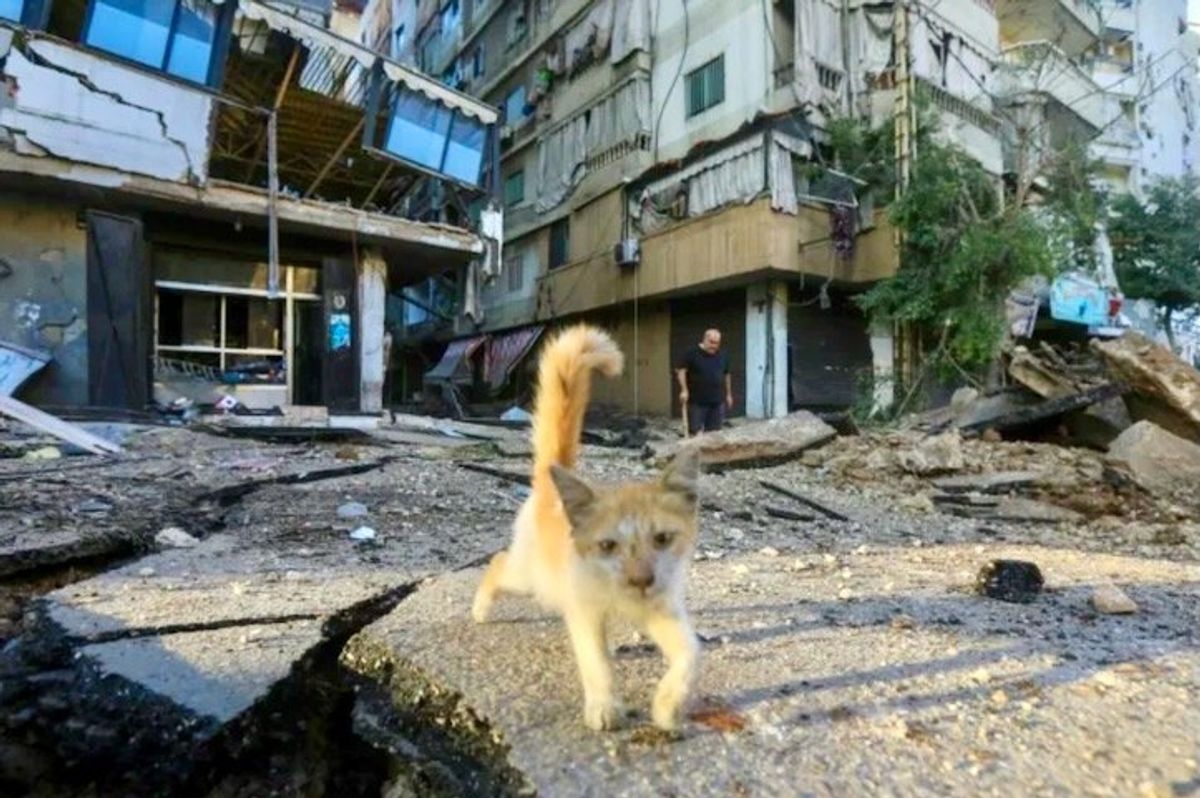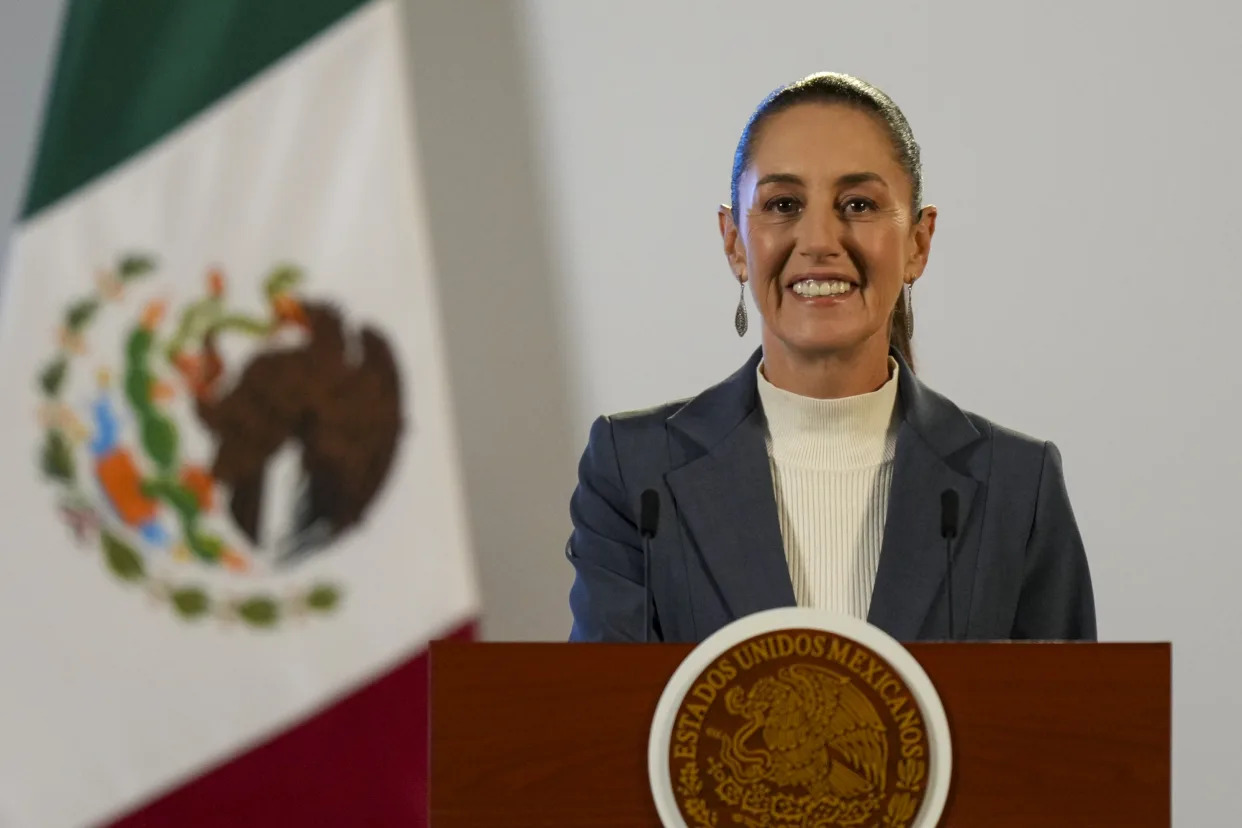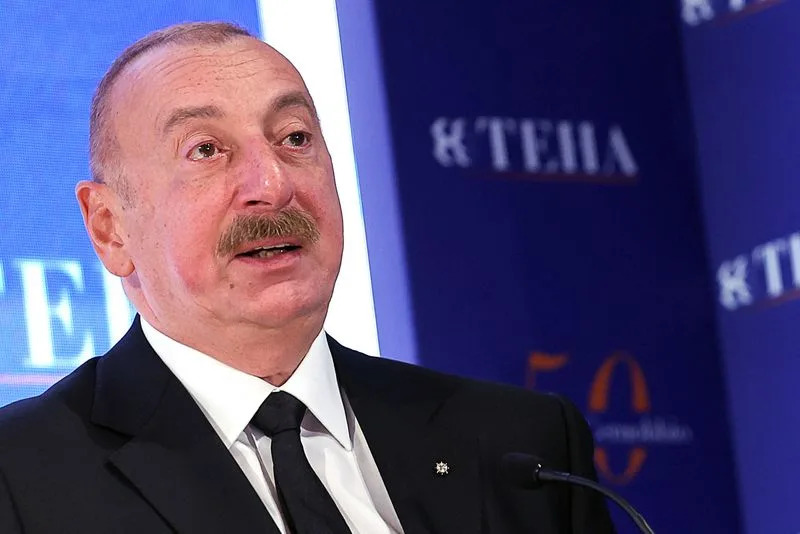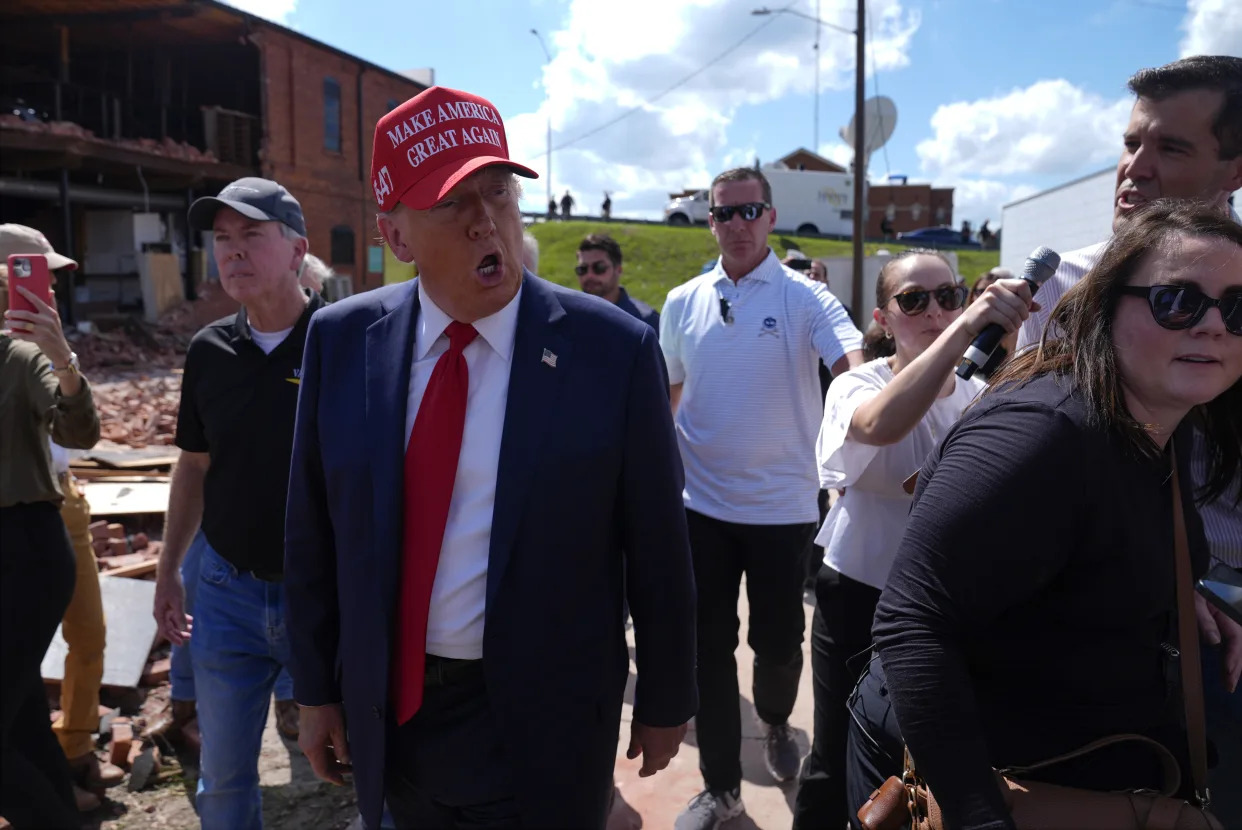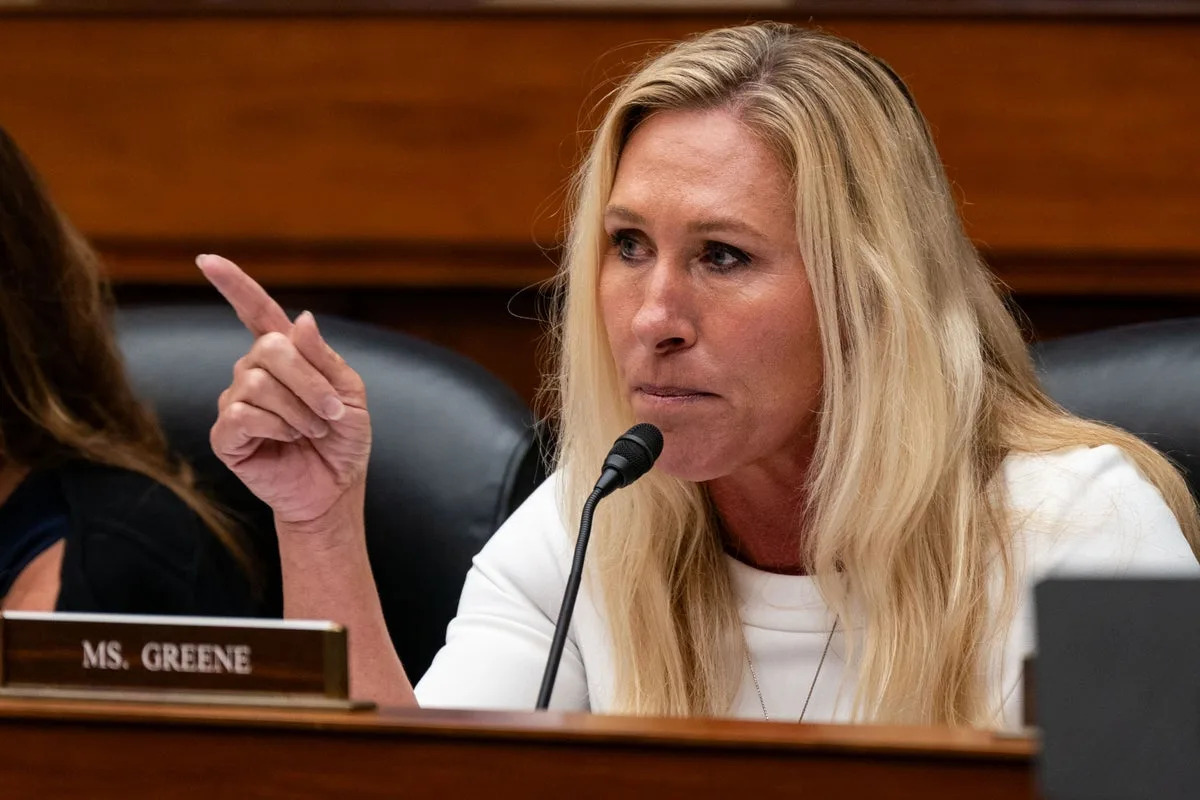The Supreme Court agreed Friday to take up the gun industry’s appeal of a ruling allowing the Mexican government to proceed with its lawsuit against several prominent American firearm manufacturers.
Mexico contends the companies deliberately chose to “profit off the criminal market for their products” and caused a flood of guns to fall into the hands of Mexican cartels. The country says firearms manufacturers should pay billions in damages and change their practices.
U.S. federal law provides broad immunity to the firearm industry, however. A federal judge tossed Mexico’s lawsuit as a result, but an appeals court later reversed that ruling, allowing the case to move ahead.
The companies at the center of the suit are: Smith & Wesson Brands Inc.; Barrett Firearms Manufacturing Inc.; Beretta U.S.A. Corp.; Glock Inc.; Sturm, Ruger & Company Inc.; Witmer Public Safety Group Inc., d/b/a Interstate Arms; Century International Arms Inc.; and Colt’s Manufacturing Company LLC.
By agreeing to hear the gun industry’s appeal, the Supreme Court will need to decide whether immunity applies. The justices’ brief order sets up the case to be heard during the court’s upcoming annual term, with a decision expected by next summer.
Mexico claims its case falls under an exception to the 2005 Protection of Lawful Commerce in Arms Act (PLCAA). Gun control groups have long looked to repeal the law entirely.
The exception allows lawsuits when a gun manufacturer knowingly violates state or federal firearms law and the plaintiff was proximately harmed by the violation. The case marks the first time the Supreme Court will weigh in on the exception’s scope.
The companies assert Mexico’s legal theory does not come close to proving the American gun industry is the proximate cause of cartel violence, describing it as an “eight-step Rube Goldberg.”
“Mexico’s suit has no business in an American court,” the companies wrote in their petition.
Their appeal is backed by all of the nation’s Republican state attorneys general except Ohio’s, 27 Republican members of Congress and various gun rights groups.
No matter how the Supreme Court rules, many of the defendants are already off the hook. In August, a federal trial judge ruled on separate grounds that the court had no jurisdiction to hear claims against six of the eight firearms companies, meaning just two companies could face penalties if the Supreme Court decides the case in Mexico’s favor.
The Mexican government urged the Supreme Court to turn away the appeal, arguing recent ruling underscores that the case doesn’t merit the attention of the justices.
“The Court should allow further percolation before accepting review of these largely unventilated questions,” Mexico wrote in court filings.
If the Supreme Court ultimately rules in favor of Mexico, the case remains in its early stages, meaning the prospect of damages remains far off.
“At bottom, this case reduces to a clash of national values: Mexico makes no secret that it abhors this country’s approach to firearms, and that it wants to use the American court system to impose domestic gun controls on the United States that the American people themselves would never accept through the ordinary political process,” the industry wrote in its petition.
“But even though that grievance is placed under the lettering of a complaint, and was filed on a docket, it has no basis in law. This Court’s review is badly needed,” it continued.
US Supreme Court to decide if white, straight workers face higher bar in bias lawsuits
Updated Fri, October 4, 2024
By Daniel Wiessner
(Reuters) - The U.S. Supreme Court agreed on Friday to decide whether it should be more difficult for workers from "majority backgrounds," such as white or heterosexual people, to prove workplace discrimination claims.
The justices took up an appeal by Marlean Ames, a heterosexual woman, seeking to revive her lawsuit against the Ohio Department of Youth Services in which she said she lost her job to a gay man and was passed over for a promotion in favor of a gay woman in violation of federal civil rights law.
The Cincinnati, Ohio-based 6th U.S. Circuit Court of Appeals decided last year that she had not shown the "background circumstances" that courts require to prove that she faced discrimination because she is straight, as she alleged.
She brought her lawsuit under Title VII of the Civil Rights Act of 1964, the landmark federal law banning workplace discrimination based on traits including race, sex, religion and national origin.
Since the 1980s, at least four other U.S. appeals courts have adopted similar hurdles to proving discrimination claims against members of majority groups, largely in cases involving white men. Those courts have said the higher bar is justified because discrimination against those workers is relatively uncommon.
But other courts have said that Title VII does not distinguish between bias against minority and majority groups.
A Supreme Court ruling in favor of Ames could provide a boost to the growing number of lawsuits by white and straight workers claiming they were discriminated against under company diversity, equity and inclusion policies.
The court will hear arguments in the case in its new term, which begins on Monday, and a decision is expected by the end of June.
Lawyers for Ames and the Ohio agency, which oversees the confinement and rehabilitation of juvenile felony offenders, did not immediately respond to requests for comment.
Ames was in charge of ensuring the agency's compliance with a federal law designed to deter sexual assaults in prisons. She has said that despite receiving positive feedback for her job performance, she was demoted to her old job in 2019 and had her pay cut by nearly $20 an hour.
Ames has said she was replaced by a younger gay man, and that later in 2019 she was denied a promotion she had sought that went to a gay woman.
She sued the department in 2020. An Ohio federal judge dismissed the case last year, saying she had not shown the "background circumstances" to support her discrimination claim.
The 6th Circuit upheld that decision last December. The 6th Circuit said that background circumstances can include evidence that a member of a minority group, such as a gay person, made the challenged employment decision, or data showing a larger pattern of discrimination by an employer against members of a majority group.
(Reporting by Daniel Wiessner in Albany, New York; Editing by Will Dunham)
